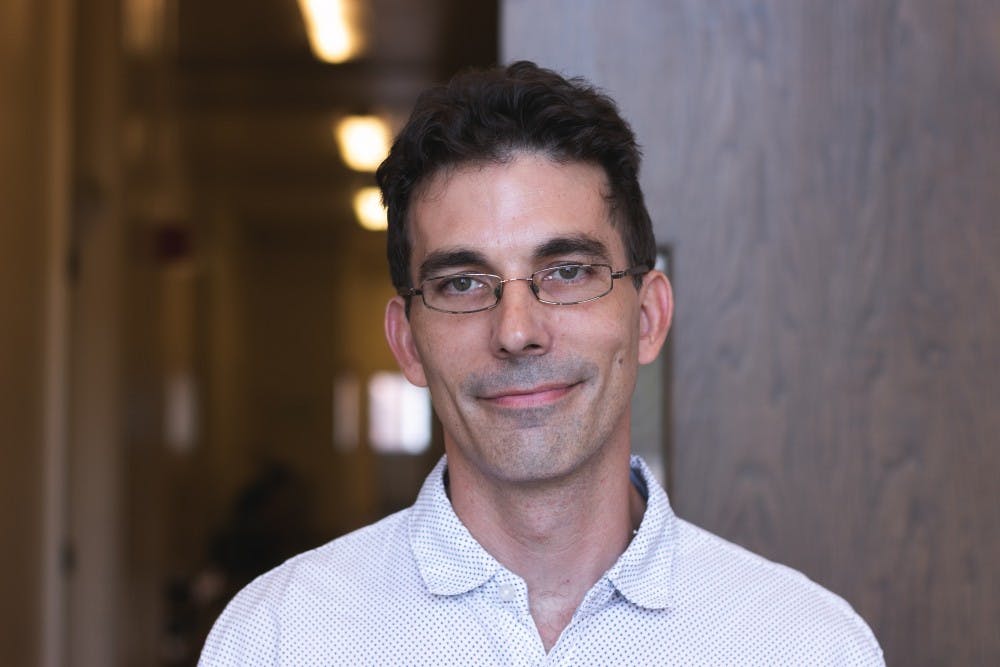On Friday, Oct. 4, Rudy Fichtenbaum, national president of the American Association of University Professors and Wright State University professor emeritus, gave the keynote address on the corporatization of higher education at the North Carolina AAUP Conference, hosted by UNC's chapter in Chapel Hill.
The AAUP is a national organization that works to define fundamental professional values and standards for higher education and help organize the higher education community, among other goals.
Fichtenbaum talked about how higher education has transformed into a business, and how universities and colleges have embraced the corporate model — often to the detriment of university faculty.
This transformation has attacked academic freedom, shared governance and economic security of faculty, Fichtenbaum said. All these elements have earned a place on what he calls "the endangered species list."
In addition to being overstaffed, college and university administrators have become managers with too much authority over faculty, Fichtenbaum said.
“Faculty’s working conditions are students' learning conditions,” Fichtenbaum said.
Michael Palm, professor and president of UNC's AAUP chapter, said that it was important for conference attendees to hear from Fichtenbaum to put professors' struggles in North Carolina in national context.
“It’s easy for us to get isolated by the challenges that we’re all engaged in our own campuses,” Palm said. “It’s helpful to come together to compare notes and trade information to see how the various struggles that we're engaged in our individual campuses fit together.”
In his speech, Fichtenbaum said that a university's adherence to corporate model can change the way decisions are made on various important issues, including program development, changes to admissions standards, increases in tuition and changes in tenure standards for faculty.



